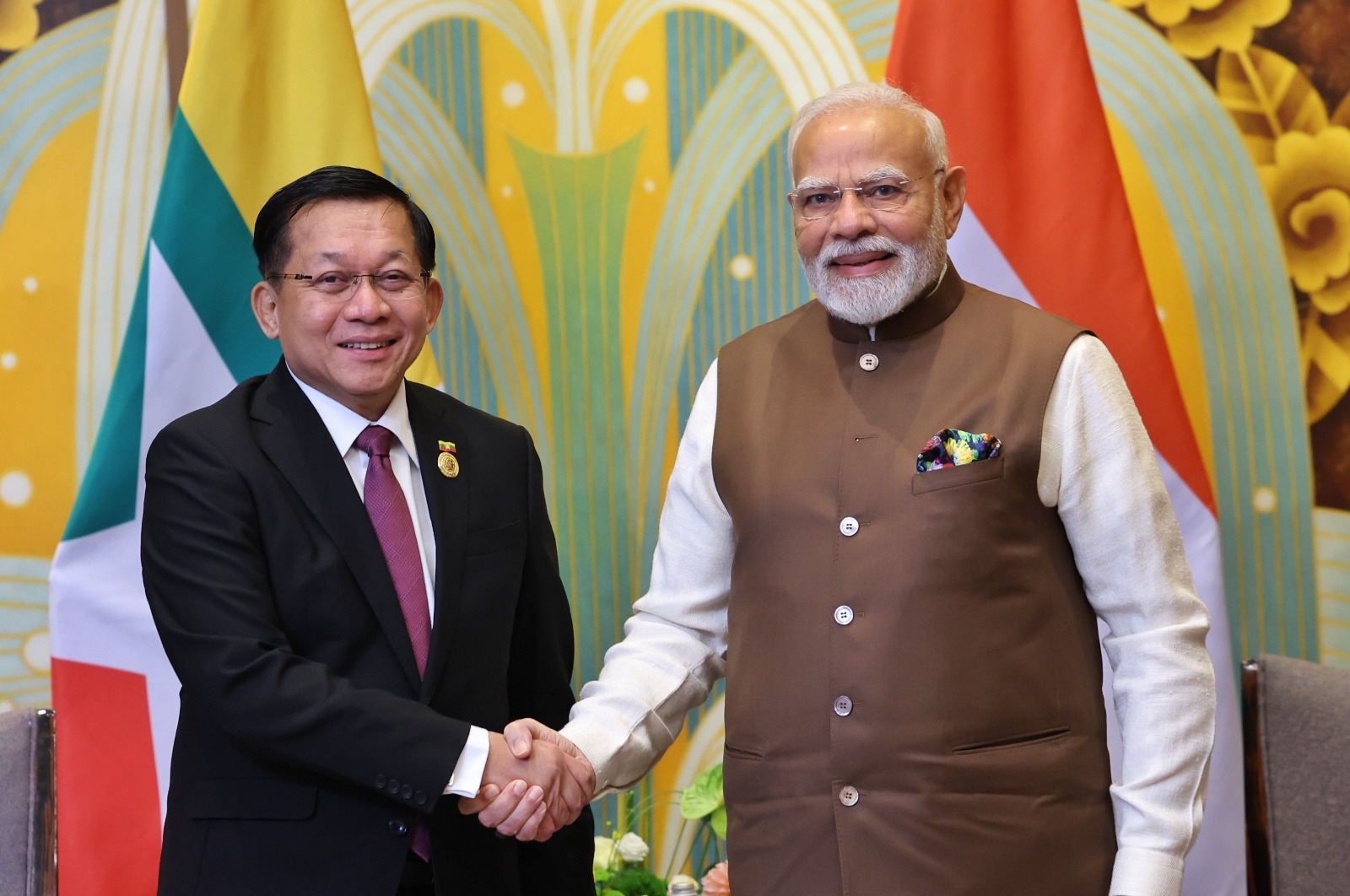CNI News
21 September 2025
The issue of rare earth minerals, whose demand is rapidly increasing in the global market, could become highly significant in Myanmar’s political bargaining, according to military and political analysts who spoke to CNI News.
They noted that rare earth deposits in Myanmar are not limited to Kachin State, but are also found in Shan State, Sagaing Region, and other areas.
Because of its importance, the military commander-in-chief would not easily grant full approval or agreements on rare earth mining to any party, said U Khun Sai, who is involved in peace processes, speaking to CNI News.
“Rare earth is not only in Kachin. It is also in Shan and in many other areas. Myanma Economic Holdings Limited has at least five rare earth sites located within territories controlled by the Tatmadaw. It may be called ‘rare,’ but in reality, it’s not that rare. That’s why this rare earth issue will certainly become very significant in political bargaining. The Commander-in-Chief is a shrewd man—he knows this. So I don’t think he will easily give full agreements to anyone.”, he said.

According to data released by China’s Customs Department, Myanmar’s exports of rare earth minerals to China rose from 17,400 tons in 2020 to 40,000 tons in 2023.
However, due to the illicit nature of many mining operations, the exact amount of rare earth minerals actually extracted during that period is unknown.
Rare earths are indispensable for the production of smartphones, electric vehicles, military weapons, fighter jets, and other advanced technologies worldwide.
Among roughly 300 rare earth mining sites in Kachin State, many areas are now under the control of the Kachin Independence Army (KIA),, which captured them from a militia leader, Zahkun Ting Ying.
Mining companies operating in Kachin State are generally nominal companies for Chinese investors or joint ventures with them. Current mining operations and revenues from rare earth extraction and exports to China remain largely under KIA control.
The KIA has previously demanded that Hpakant be designated as a liberated zone, and now it is also using the rare earth issue as leverage in political negotiations, said Sai Htay Aung, Chairman of the Tai Leng (Shanni) Nationalities Development Party (TNDP).

He said:“Back in 1994, when the KIO/KIA had made peace, they demanded Hpakant be declared a liberated area. Today, they are holding on to the rare earth issue, so it’s impossible to say they won’t use it as political leverage. Rare earth has become the world’s number one resource. Myanmar’s deposits include three of the world’s rarest types. This makes the rare earth issue very politically important. The revenues are also massive. If mining were carried out under government oversight, the public could benefit. But now, since it’s extracted in cooperation with armed groups, the people have no say. Even if they protest, it only lasts briefly. Rare earth is going to be an increasingly important sector in Myanmar’s politics.”
During the State Security and Peace Commission chairman’s recent trip to China, an agreement was reached with Indian Prime Minister Modi regarding rare earth mining. Following this, India’s Ministry of Mines encouraged both state-owned and private companies to collect rare earth samples from mines in northeastern Myanmar, currently under KIA control, Reuters reported.
A KIA official, who requested anonymity, also told Reuters that if the KIA were to export large volumes of rare earths to India, they would agree to allow sample studies.
Some policy papers have even been submitted to the U.S. government led by President Donald Trump, in which the US should seek ways to obtain rare earth minerals from the KIA-controlled territories via India.




